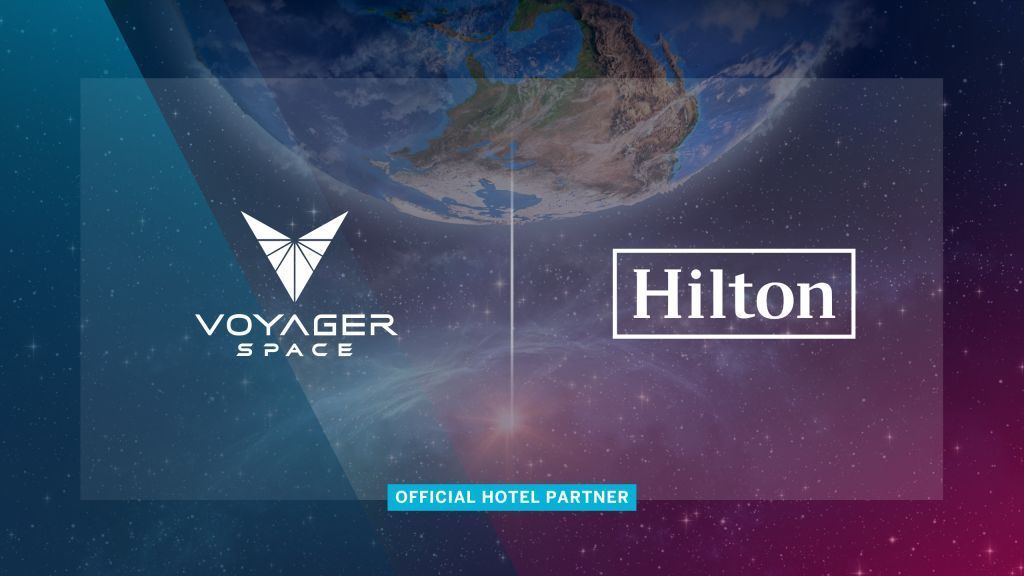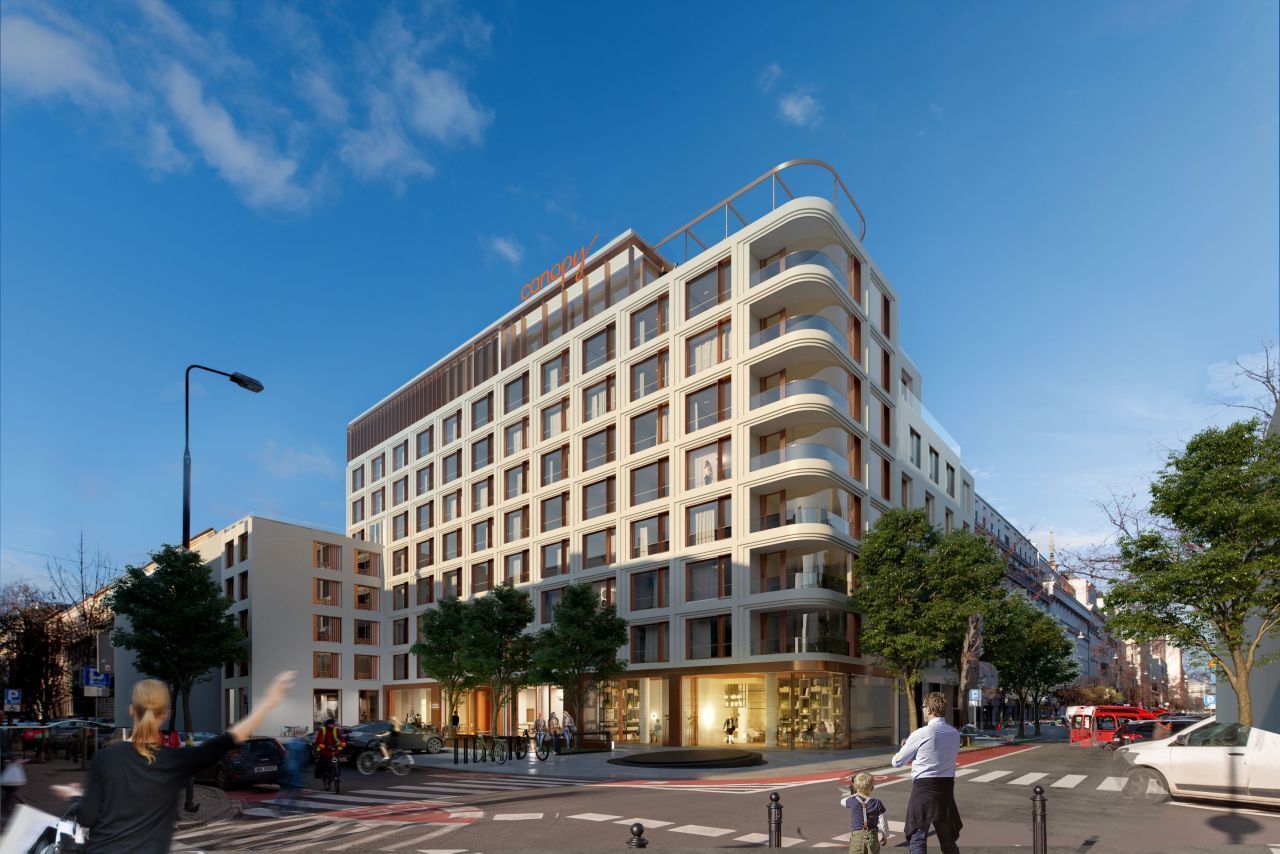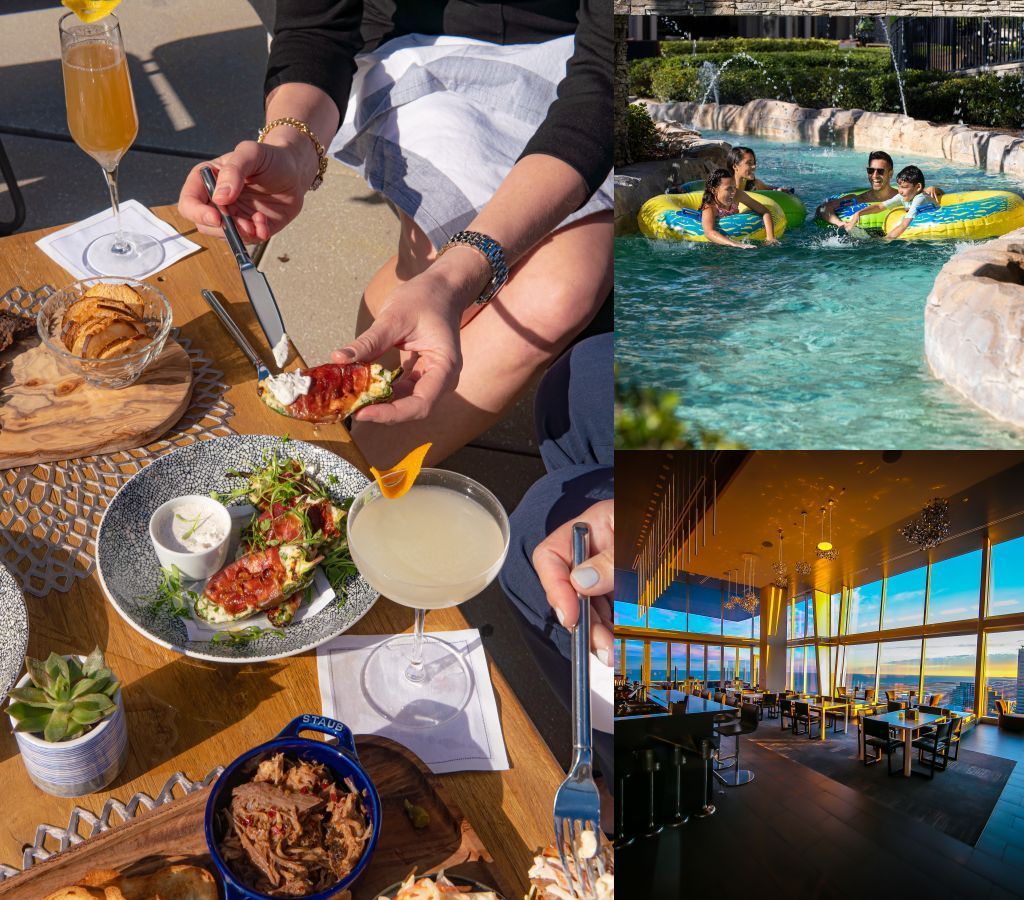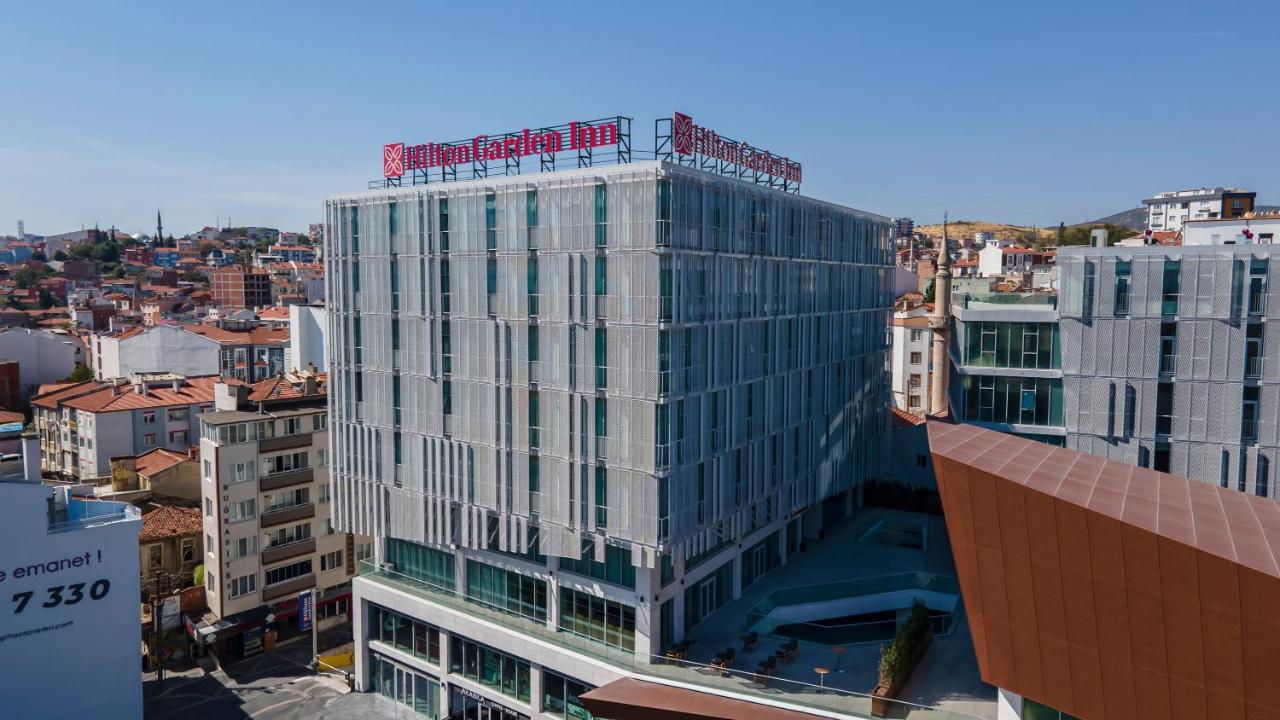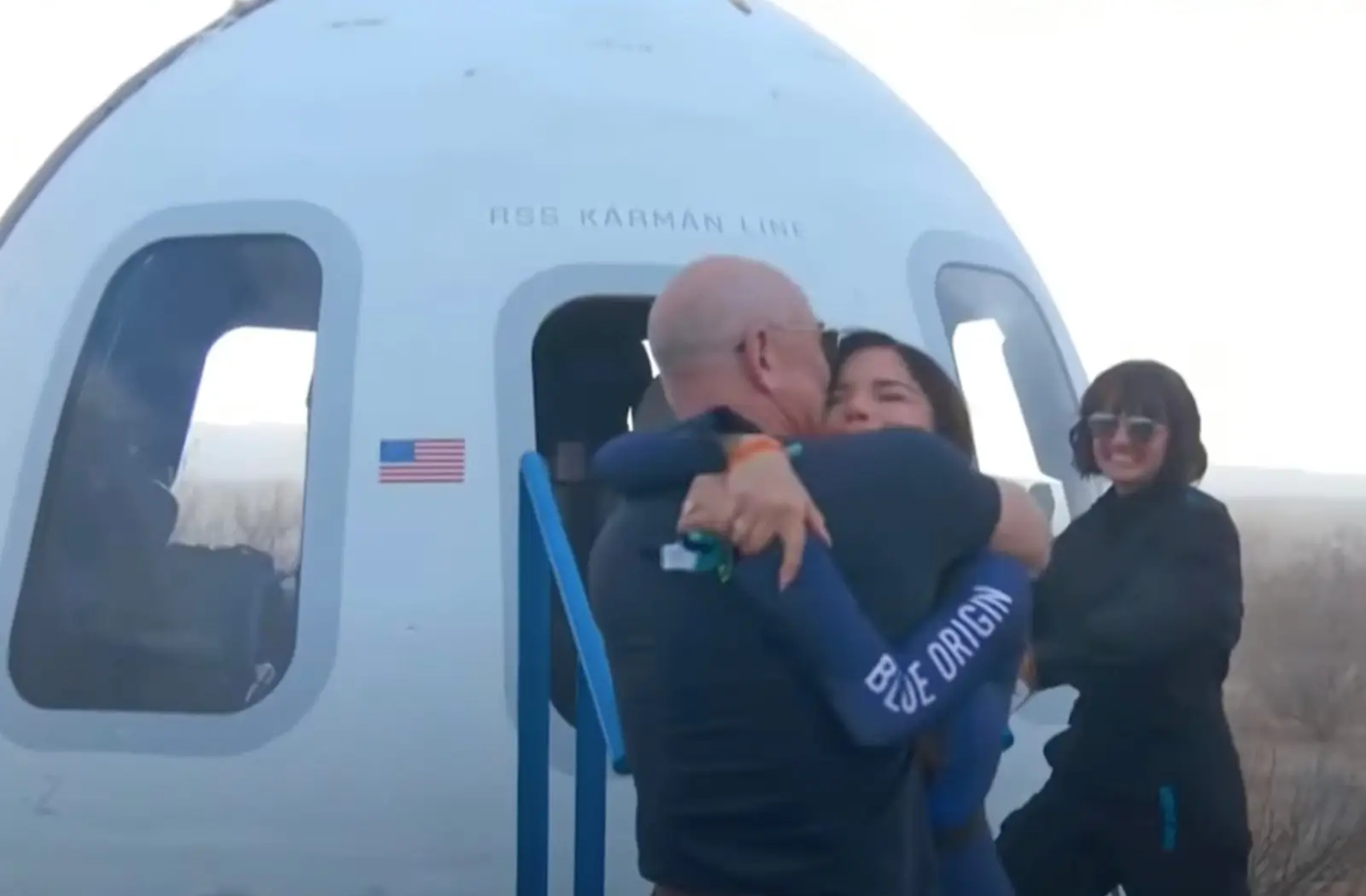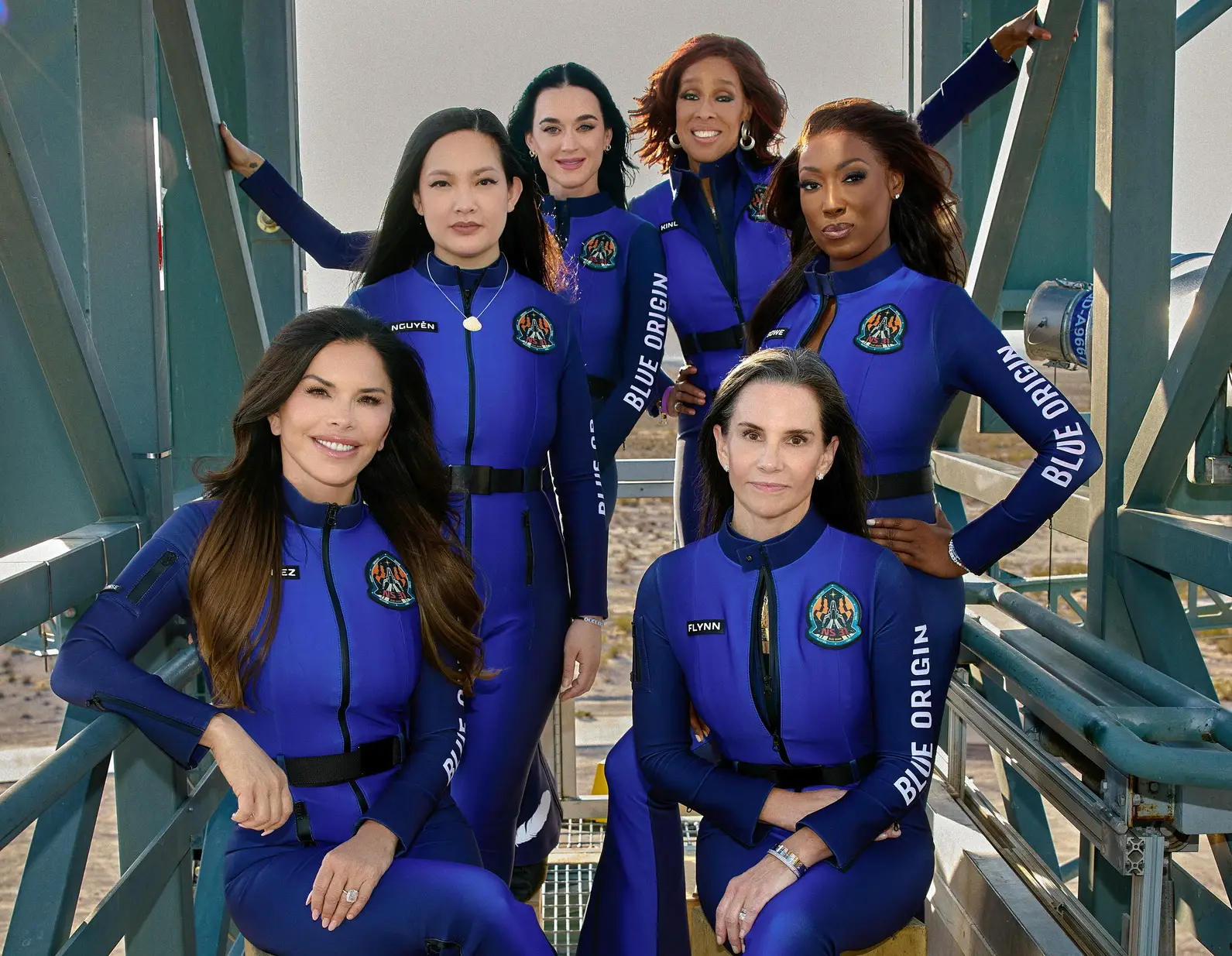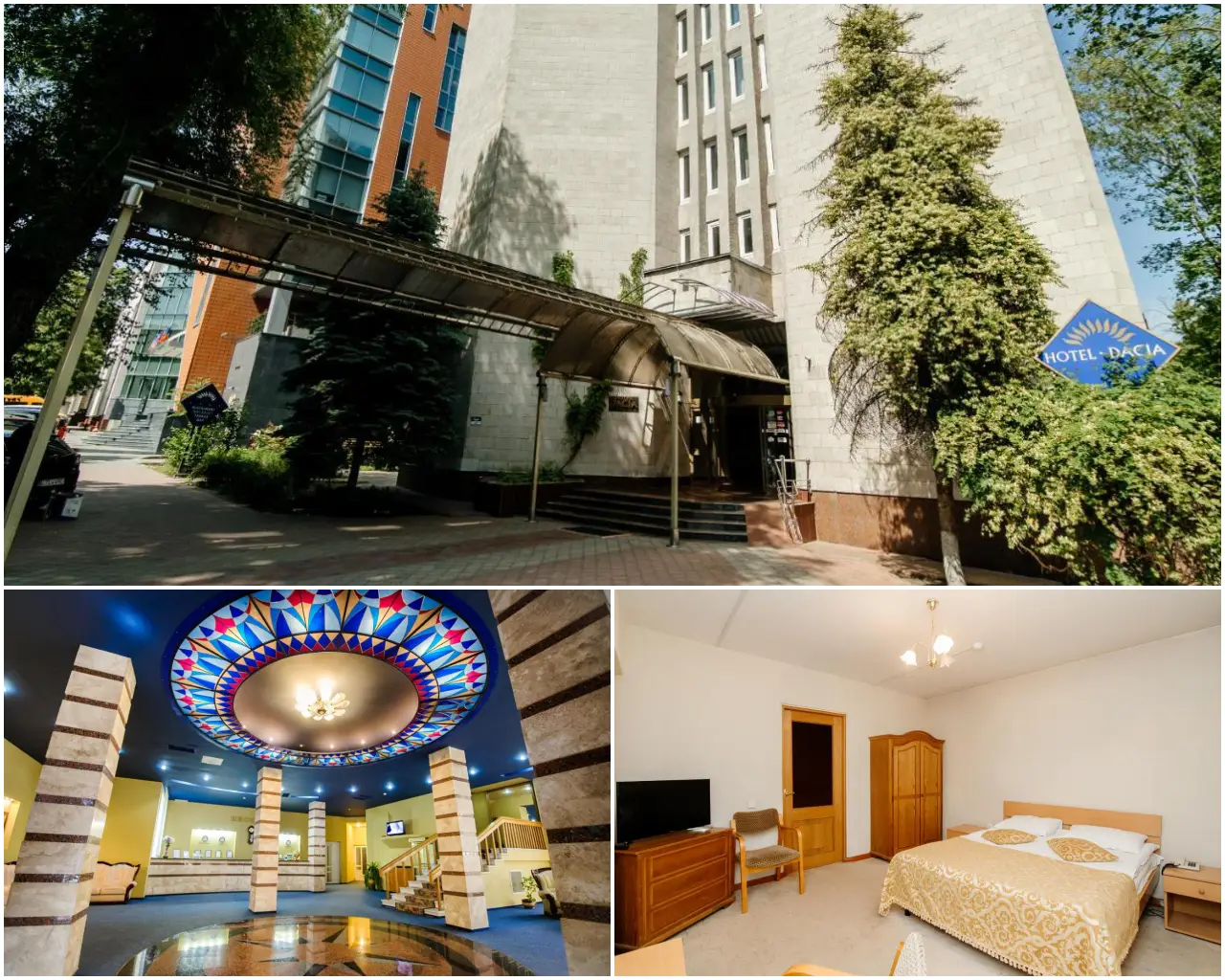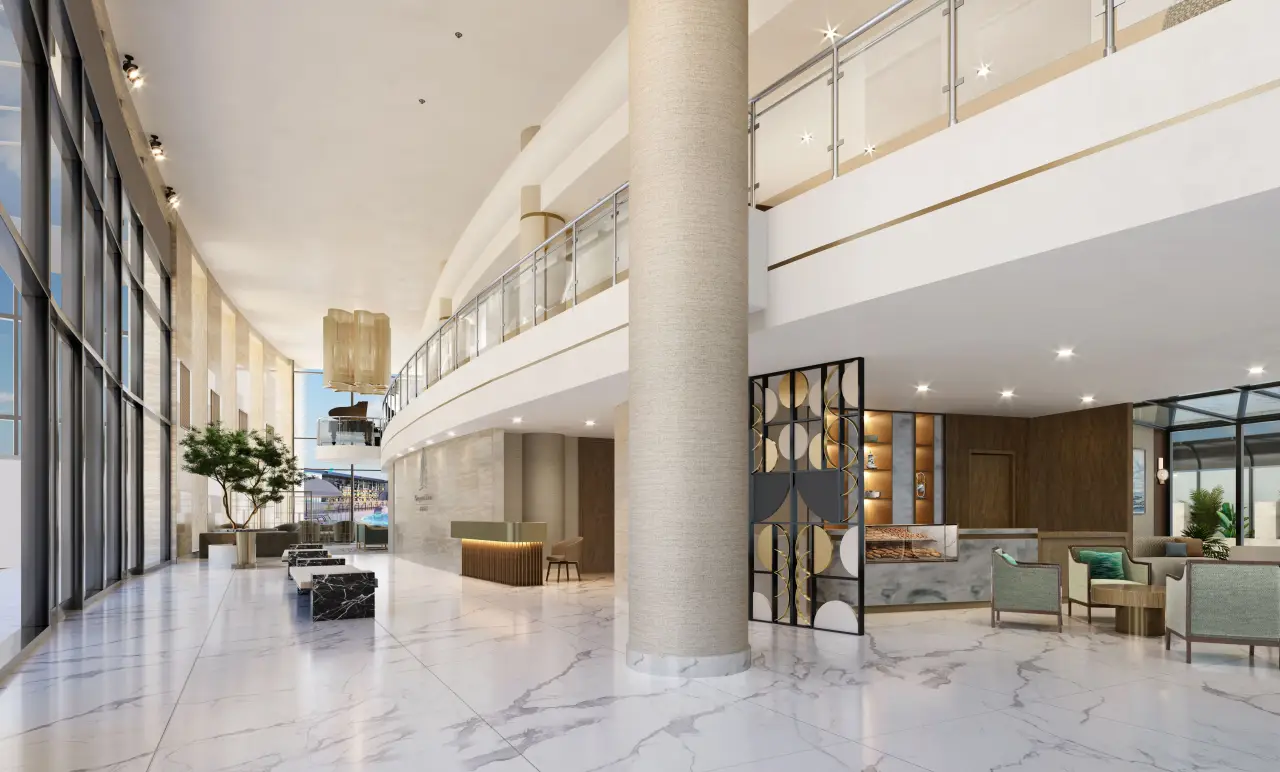Voyager Space names Hilton as the official hotel partner to elevate the guest experience in space.
When you’re going into outer space for an extended period of time, Hilton will improve the guest experience wherever people travel. Hilton brings its renowned hospitality expertise and experience to support the design and development of crew suites aboard Starlab, helping to reimagine the human experience in space and make extended stays more comfortable.
This first-of-its-kind venture builds on Hilton’s effect in new and emerging markets, its storied history with space, and its global lodging and hospitality leadership, welcoming more than three billion guests across a portfolio of 18 brands comprising 7,000 properties in 122 countries and territories. In partnership with Voyager, Hilton will bring this unique scale and customer focus to Starlab as it continues to serve every traveler for every trip occasion.
Voyager, a global leader in space exploration, today announced Hilton will be the official hotel partner of Starlab, Voyager’s planned free-flying commercial space station.
“Starlab will be more than just a destination, it will be an experience made infinitely more unique and artful with the Hilton team’s infusion of innovation, expertise and global reach,” said Dylan Taylor, chairman and CEO, Voyager Space.
“Voyager and Hilton are acutely focused on creating innovative solutions for the future of humanity and this partnership opens new doors to what is possible for comfort-focused space exploration and habitation.”
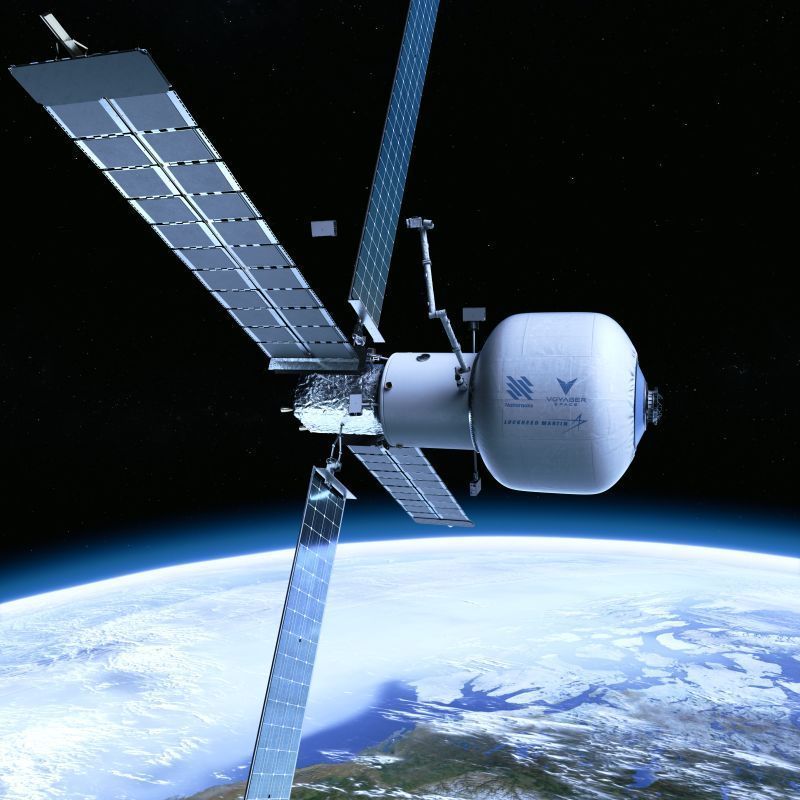
Voyager, and its operating company Nanoracks, were awarded $160 million in NASA funding in 2021 for the Starlab space station, which is set to replace the International Space Station. Starlab is planned to have the capacity to continuously host up to four astronauts and house the George Washington Carver (GWC) Science Park, a state-of-the-art laboratory system and first science park in space. Starlab leverages Voyager and Nanoracks’ experience managing global customer experience and research operations on the International Space Station for over a decade.
“Hilton has been innovating to improve the guest experience and pioneering new destinations for travel for more than a century. We are thrilled to partner with Voyager to bring that expertise to Starlab,” said Chris Nassetta, president and CEO, Hilton.
“For decades, discoveries in space have been positively impacting life on Earth, and now Hilton will have an opportunity to use this unique environment to improve the guest experience wherever people travel. This landmark collaboration underscores our deep commitment to spreading the light and warmth of hospitality and providing a friendly, reliable stay – whether on the ground or in outer space.”
The research and design work being dedicated to Starlab could also lead to advancements driving sustainability and greater design efficiencies for future hotel owners in space and on Earth. Just as Hilton has done for its more than 100-year history, from creating the first central reservation system and being the first hotel to offer in-room air conditioning, to introducing Digital Key technology and pioneering Confirmed Connecting Rooms, the company will continue to set the standard for the industry – now bringing that legacy of innovation beyond Earth.
With its recently launched global platform, Hilton. For the Stay., bolstered by an ad campaign, “It Matters Where You Stay,” the company also brings a wealth of consumer insights that prove the stay is the crucial element that can make or break any trip, even to outer space. Hilton will bring the company’s renowned hospitality expertise and experience to support the design and development of crew suites aboard Starlab, helping to reimagine the human experience in space, making extended stays more comfortable.
Voyager and Hilton will partner in the areas of architecture and design, leveraging Hilton’s world-class creative design and innovation experts, to develop Space Hospitality crew headquarters aboard Starlab, including communal areas, hospitality suites and sleeping arrangements for the astronauts. Additionally, the teams will seek to explore opportunities together for longer-term efforts including the ground-to-space astronaut experience, global co-marketing and branding, and other tourism, educational and commercial efforts.

